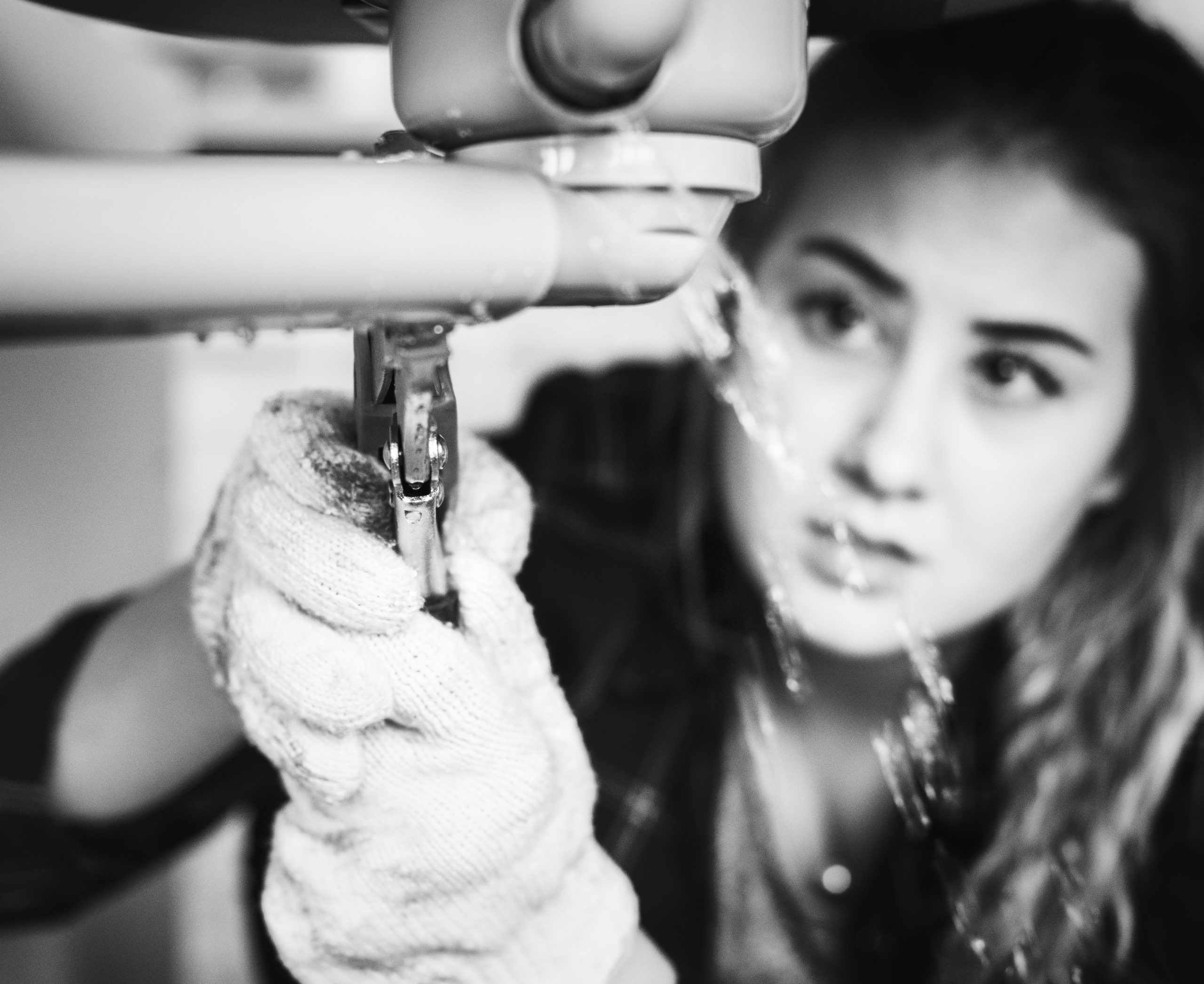In the ever-evolving landscape of urban development, the concept of podium structures has emerged as a game-changer. These innovative architectural

Water conservation is a critical consideration in modern building design, particularly as global water resources face increasing strain. Mechanical, Electrical, and Plumbing (MEP) systems play a pivotal role in addressing this challenge, with plumbing innovations at the forefront of sustainable building strategies. By integrating cutting-edge technologies and design approaches, MEP engineers can create systems that significantly reduce water usage while maintaining functionality and tenant satisfaction. Companies like InnoDez are leading the charge in developing forward-thinking MEP solutions that prioritize sustainability without compromising performance.
Water conservation isn’t just an environmental concern—it’s also a financial and regulatory priority. With rising utility costs and stringent water usage regulations, efficient plumbing systems are essential for both commercial and residential buildings. Key reasons for prioritizing water conservation include:
MEP design integrates water-saving measures across various systems, ensuring buildings meet these objectives while maintaining occupant comfort and convenience.
Smart water management systems leverage technology to monitor and optimize water usage in real-time. These systems include:
InnoDez incorporates advanced smart technologies into their MEP designs, enabling clients to achieve significant water savings while improving system reliability.
Low-flow fixtures are a staple of water-efficient design. Innovations in this area include:
By specifying high-performance, low-flow fixtures, InnoDez helps buildings achieve substantial water savings without sacrificing user experience.
Greywater systems capture and treat wastewater from sources like sinks and showers for reuse in non-potable applications, such as:
Incorporating greywater recycling into MEP design not only conserves water but also aligns with sustainability goals, a hallmark of InnoDez’s approach.
Rainwater harvesting systems collect and store rainwater for various uses, including:
InnoDez’s MEP designs often include rainwater harvesting solutions, helping buildings reduce dependency on municipal water supplies.
Ensuring water quality is as important as conserving water. Modern filtration systems:
By integrating advanced filtration into plumbing designs, InnoDez ensures efficient and sustainable water use without compromising quality.
Artificial intelligence and machine learning are transforming water management by:
Vacuum plumbing systems use air pressure to transport waste, requiring significantly less water than traditional systems. Common applications include:
Smart irrigation systems integrate sensors, weather data, and automation to optimize water use in landscaping. Features include:
While water-saving technologies can have higher upfront costs, their long-term benefits often outweigh initial investments. Solutions include:
Retrofitting older buildings poses unique challenges, such as limited space and outdated plumbing. InnoDez’s expertise ensures seamless integration of modern systems, minimizing disruptions.
Promoting water conservation requires buy-in from tenants and building managers. Clear communication about benefits, along with user-friendly technologies, fosters acceptance and participation.
InnoDez is at the forefront of MEP design, delivering water-saving solutions tailored to the unique needs of each project. Their services include:
Water conservation is a cornerstone of sustainable building design, and plumbing innovations are leading the way in reducing consumption. From smart water management systems to greywater recycling and rainwater harvesting, modern MEP solutions offer significant opportunities for savings and sustainability. InnoDez’s expertise in integrating these technologies ensures buildings not only meet regulatory requirements but also exceed tenant expectations. As we approach 2025, the continued evolution of MEP design will play a critical role in addressing global water challenges and creating a more sustainable future.
About Author
Xhuljo Jakup